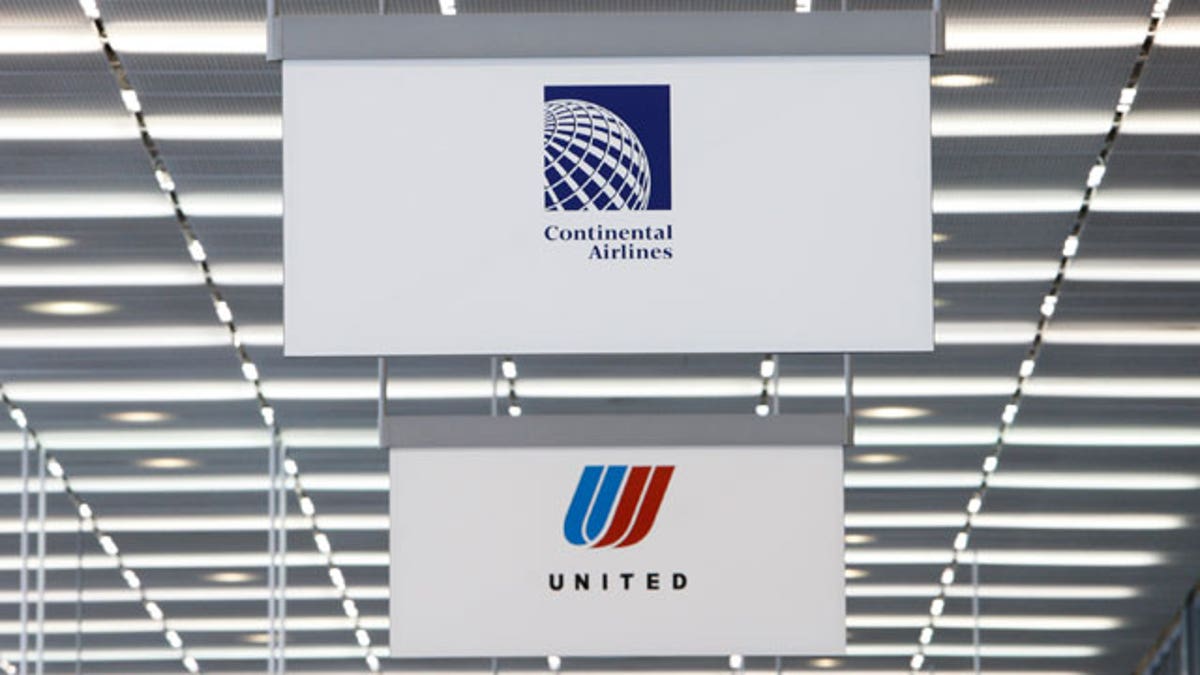
(Reuters)
Later this month, a new U.S. Transportation Department (DOT) rule will set in place some new airline fee requirements that would make it easier to figure out how much you really pay for an air ticket.
The new rules --considered by many to be a win for consumers --will require airlines to include all taxes and fees in their advertised fares, ban post-purchase price increases and allow passengers to hold certain reservations without payment or to cancel them without penalty for 24 hours after booking.
The DOT is also requiring airlines to disclose baggage fees when passengers buy a ticket, mandating that the same baggage allowances and fees apply throughout a journey, and requiring that those fees be shown on electronic ticket confirmations.
The rules will take effect starting Jan. 26.
While this is good news for travelers, airlines are none too happy with it.
In fact, Southwest Airlines, Allegiant Air and Spirit Airlines are trying to block several of the new rules, charging the government with trying to re-regulate them and limiting their right to free speech. Tied up in the U.S. Court of Appeals for the District of Columbia, several airline industry organizations, including Airlines for America, filed a request to postpone the rules, saying they need more time.
"This extension would give carriers essential time to overcome fundamental changes in baggage rules that require substantial investment and re-engineering of carrier reservations, check-in and baggage information systems, in addition to retraining of airline employees," Chicago Tribune quoted Steve Lott, a spokesman for Airlines for America.
The problem is that airlines continue to remove fees from their fares. Breaking out fees like checked baggage, for example, leads to confusion and ultimately to customers paying more than they thought they would.
Also airlines have been allowed to separate government taxes and fees from the initial advertised price of a ticket, which can add up to 20% to the price of air travel,.
"If consumers are expected to pay fees for services that have historically been included in the base fare, then at the very least, they should be informed of all of the fees and their cost before they purchase the ticket," said Sen. Robert Menendez (D-N.J.) to the Tribune. He and nine other senators have been pushing for "airfare transparency".
Meanwhile if you are traveling overseas you may soon be paying more for your flight.
Following on the heels of new European rules on carbon emissions, two major airlines say they will raise fares.
Delta Air Lines Inc. began adding $6 per round trip to the price of tickets sold in the U.S. for travel to Europe. And Deutsche Lufthansa AG said it will raise prices but not right away. The German airline said that it will pass the cost, estimated to be $168 million for 2012, to customers by raising current fuel surcharges, but it didn’t estimate the per-passenger increase.
Under the new rules, airlines flying in and out of Europe must get certificates to pay for the carbon dioxide emissions produced by their flights.
The Associated Press contributed to this report.
